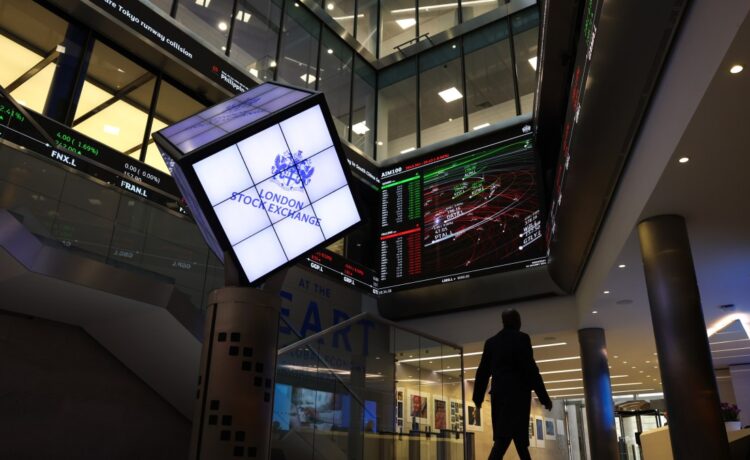London-listed companies are back in favour with investors ahead of their European rivals, according to one of the world’s biggest fund managers.
The latest edition of Bank of America’s European fund manager survey included the views of 242 fund managers with a combined $632 billion of assets under management. It was carried out between July 5 and 11.
The figures demonstrate the turnaround in perception that UK stocks have undergone over the past year after being heavily out of favour with traders. The FTSE 100 index of Britain’s largest companies is often viewed as being too heavily geared toward “old economy” stocks such as energy and utility companies and lacking a decent representation of listed technology firms.
So far this year, the FTSE 100 has risen by 6 per cent. It has breached the 8,000-point mark for the first time. However, its gains remain far behind that of Wall Street’s main indices, with the S&P 500 up about a fifth so far this year. Listings on the UK stock market have also dried up.
France’s Cac 40 has risen about 0.5 per cent this year, while the Dax 40, Germany’s foremost stock index, is up about 10 per cent. According to Bank of America, the Italian stock market was the least favoured by fund managers in Europe this month, followed by the French market.
Greater political stability in the UK compared with the rest of Europe has often been cited as a factor boosting interest in UK stocks. Labour won the general election on July 4 with a majority of more than 170 seats, meaning that the party is unlikely to face many stumbling blocks when pushing through its fiscal and legislative agenda.
Traders expressed concern before the recent elections in France about the possibility of a far-left or far-right government gaining power and loosening fiscal policy. Neither group was able to achieve a conclusive victory, indicating that the country will follow a more moderate tax and spending strategy.
Fund managers also said that rates on government debt in the United States were set to stay high if either the Democrats or Republicans gained control of both the House and Senate. Some 48 per cent of participants said that trade policy was the most likely to be affected by the US presidential election.
Donald Trump, the Republican presidential candidate, is expected to pursue a protectionist trade strategy similar in ethos to his first term in the White House should he win the election.
Fund managers assigned a 68 per cent probability that the global economy is on track for a so-called “soft landing” whereby inflation falls back to central banks’ common 2 per cent goal without much scarring to growth.
















